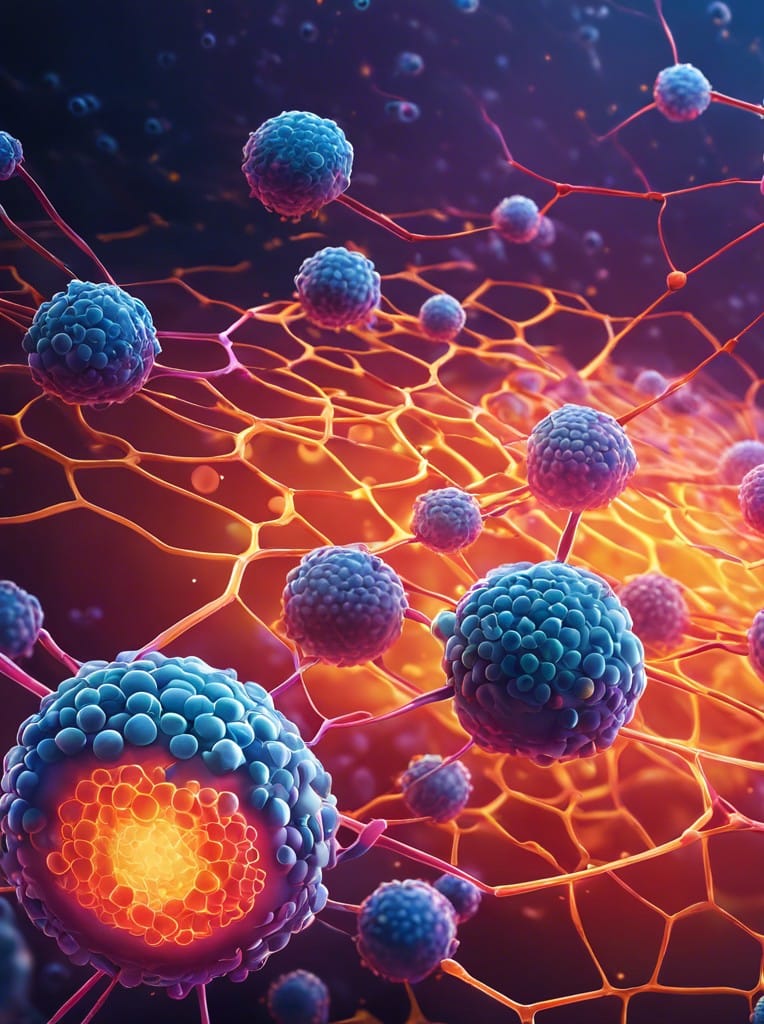By et al.
Source biorxiv
Latest findings suggest that understanding how the immune system, particularly cytokines, can inhibit viral cell-cell fusion may be key to developing new strategies to combat COVID-19 and other viral diseases.
Researchers found that immune cells release factors that can prevent the fusion of SARS-CoV-2-infected cells with neighboring cells, a process called syncytia formation. This is important because syncytia can help the virus spread more easily.
One key factor identified was interleukin-1β (IL-1β). IL-1β was able to block syncytia formation by activating a signaling pathway that leads to the formation of actin bundles at the junctions between infected and uninfected cells.
These actin bundles act as a physical barrier, preventing the cells from fusing.
Interestingly, the researchers found that IL-1β was able to inhibit syncytia formation induced by different variants of SARS-CoV-2, including Alpha, Beta, Delta, and Omicron.
This suggests IL-1β may be an important factor in the body’s defense against the virus, regardless of the specific variant.
The study also showed that in mice, IL-1β was able to significantly reduce the spread of SARS-CoV-2 in the lungs.
This highlights the potential importance of cytokines like IL-1β in controlling viral infection, beyond just their role in triggering inflammation.
Read more click here

